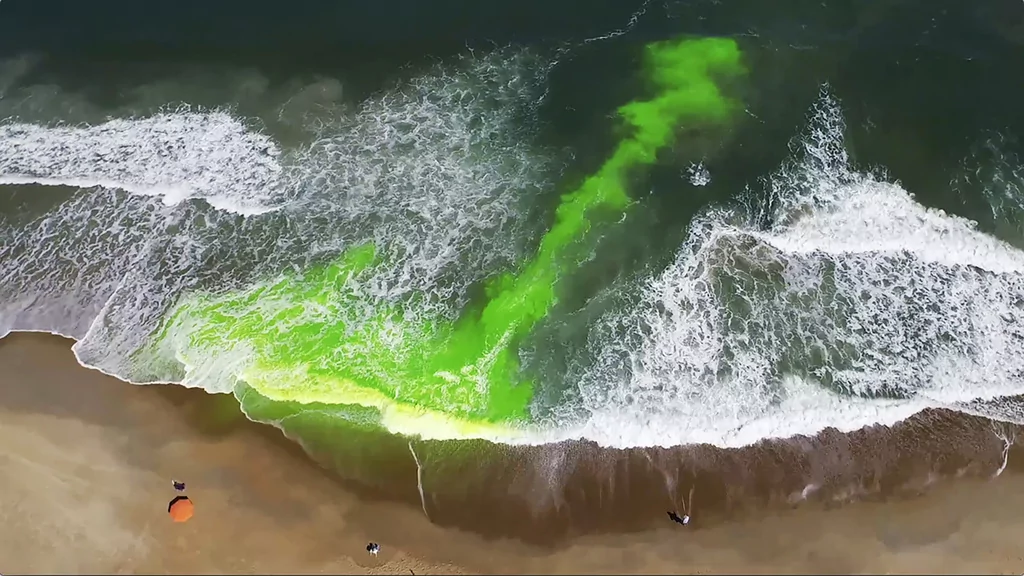
Debbie Szymanski, a 60-year-old Missouri woman on vacation in Panama City Beach, has become the seventh drowning victim from Florida‘s deadly rip currents in four days.
Szymanski entered the water Sunday morning before being found unresponsive in the waves by her family members around 11:30 a.m. They tried dragging her to shore as EMS and Bay County Sheriff’s Office deputies responded, but ultimately they were unsuccessful in their attempted resuscitation.
“Szymanski was taken to a local hospital,” the sheriff’s department reported, “where she was pronounced deceased.”
Syzmanski’s death marks the seventh rip current-related drowning since Thursday and the fifth in the popular beach town alone. Just a 15-minute drive down the coast, three Alabama tourists were pulled from shore by rip currents on Friday. Harold Hunter, Marius Richardson, and Jemonda Ray, all 24 or 25, had just settled into their Airbnb at the Watercrest Condominiums before an evening swim turned deadly and they were pulled out to sea.

A day before, 19-year-old Ryker Milton, a former high school soccer player visiting from Oklahoma, went swimming with a friend until he, too, drowned from the dangerous currents. Around the same time, across the state, a similar story unfolded for Brian Warter and Erica Wishart after they ventured out into the Atlantic Ocean with their children.
Each of these deaths occurred during “single red flag” days. When a red flag hangs from the lifeguard towers, beware of high surf and dangerous currents.
In 2023, 91 swimmers died as a result of rip currents. According to the National Weather Service, more people drowned last year from Panama City currents than at any other beach in the country.
CLICK HERE TO READ MORE FROM THE WASHINGTON EXAMINER
Distinct from riptides or undertows, rip currents push swimmers quickly away from shore. Caused by sandbars or swales on the ocean floor, geographical disturbances can cause the currents to break in an abnormal way. This tide can pull swimmers out deep into the ocean, sometimes hundreds of yards. Rip currents rush perpendicular to the shore and often force swimmers beneath the surface where they eventually drown.
If caught in a rip current, the National Oceanic and Atmospheric Administration recommends swimming parallel to the beach rather than straight toward shore.






